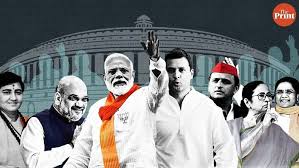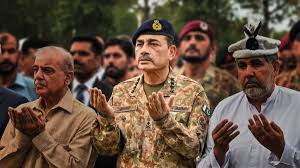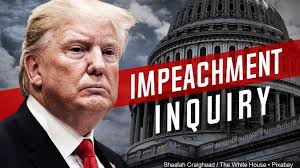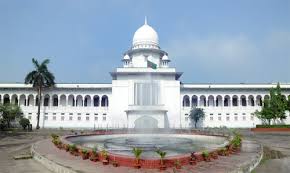by Prasad Nallapati*
The seventh and final phase of India’s general elections is just two days away but the Modi-led BJP is no more showing the same exuberance that they began the election cycle with two months ago. The central theme of the BJP campaign was 400+ of the 543 seats on offer.
In the outgoing parliament, the BJP has 303 seats and together with allies, its count is 352, short of the 2/3rds majority required for constitutional amendments.
The last two phases of the polling appear to have not gone well for the BJP, going by unofficial poll surveys.
Indian election law prohibits publication of any exit poll results until the end of the last phase of polling. The tone of the latest campaign speeches of the BJP leaders appear to have softened, downplaying the 400+ slogan. Do they sound desperate? Well, opinion is polarized.
The Congress led INDI-Alliance, in contrast, is effusing confidence particularly after the polling in Maharashtra where the contest between the two alliances was very close. They are now projecting to win a majority of the seats and even to form the next government.
Most political analysts, however, still bet on the BJP-led alliance returning to power albeit with a very slender majority. In such a case, the support of smaller parties becomes critical for effective governance.
The Telugu Desam Party (TDP) from Andhra Pradesh can be one such critical entity. The party is now in the opposition in the state but if the poll predictions are true, it is likely to regain power there and also secure a majority of the parliamentary seats from the state.
TDP played a `king-maker’ role with just 12 lawmakers in its fold during the Vajpayee-led NDA government in 1998.
If the TDP performs well in Andhra Pradesh, the fortunes of the party and the state are going to improve immensely as the state suffered badly in the past decade.
(*Prasad Nallapati is President of the Hyderabad-based think-tank, “Deccan Council for Strategic Studies,” and former Additional Secretary to Govt of India)




